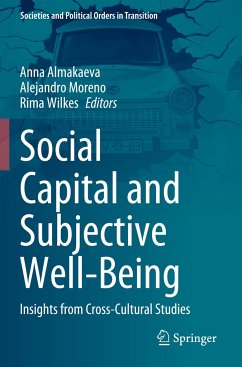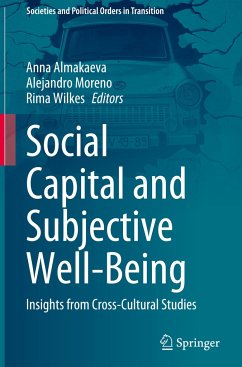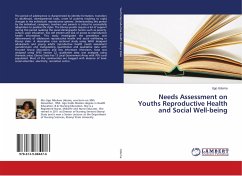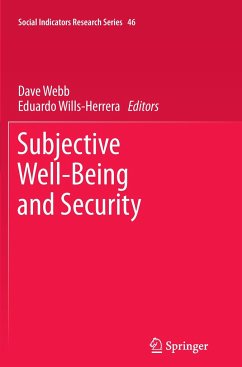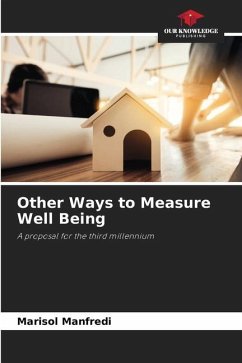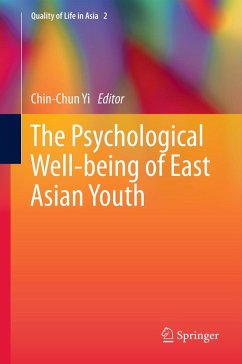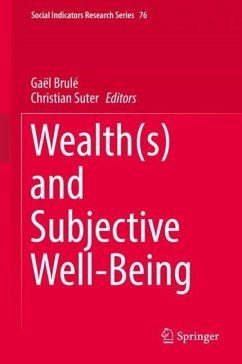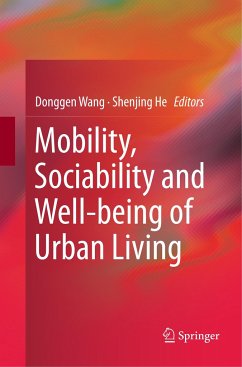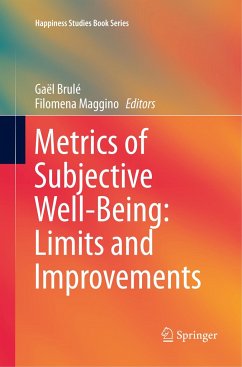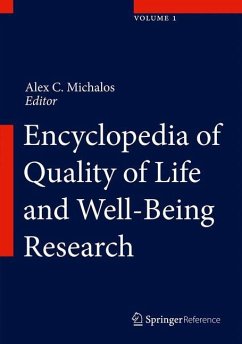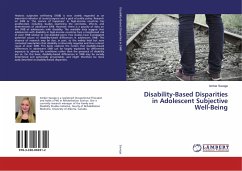
Disability-Based Disparities in Adolescent Subjective Well-Being
Versandkostenfrei!
Versandfertig in 6-10 Tagen
30,99 €
inkl. MwSt.

PAYBACK Punkte
15 °P sammeln!
Hedonic subjective well-being (SWB) is now widely regarded as an important indicator of social progress and a goal of public policy. Research on SWB or 'the science of happiness' in high-income countries has proliferated, including studies examining the correlates, effects, and determinants of adolescent SWB. However, there is a paucity of data on the SWB of adolescents with disability. The available data suggest that adolescents with disability in high-income countries face a heightened risk of poor SWB relative to non-disabled peers. Few studies have investigated potential causes of disabili...
Hedonic subjective well-being (SWB) is now widely regarded as an important indicator of social progress and a goal of public policy. Research on SWB or 'the science of happiness' in high-income countries has proliferated, including studies examining the correlates, effects, and determinants of adolescent SWB. However, there is a paucity of data on the SWB of adolescents with disability. The available data suggest that adolescents with disability in high-income countries face a heightened risk of poor SWB relative to non-disabled peers. Few studies have investigated potential causes of disability-based differences in adolescent SWB. This absence of research may be due, in part, to the widely held but now contested assumption that disability is inherently negative and thus a direct cause of poor SWB. This book explores the notion that disability-based differences in adolescent SWB can be largely explained by differential exposure to adverse life conditions rather than the presence of disability per se. On this basis, disability-based differences in SWB may be socially determined and potentially preventable, and might therefore be more aptly described as disability-based disparities.



